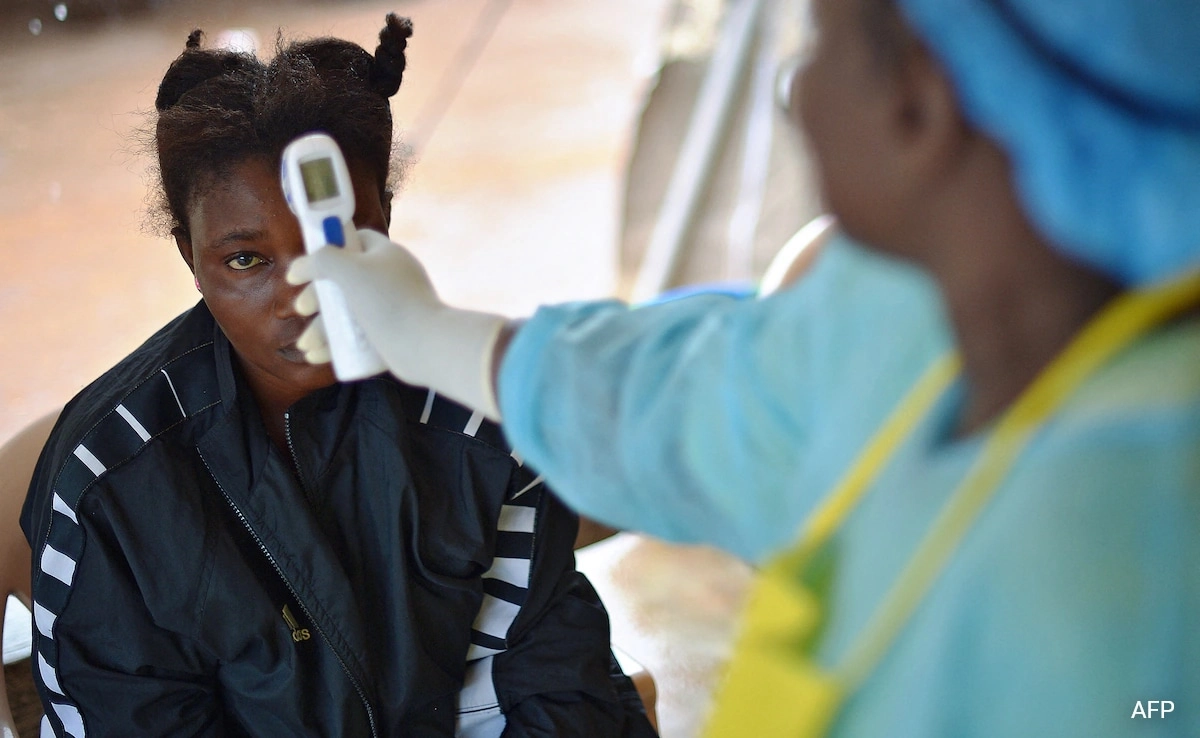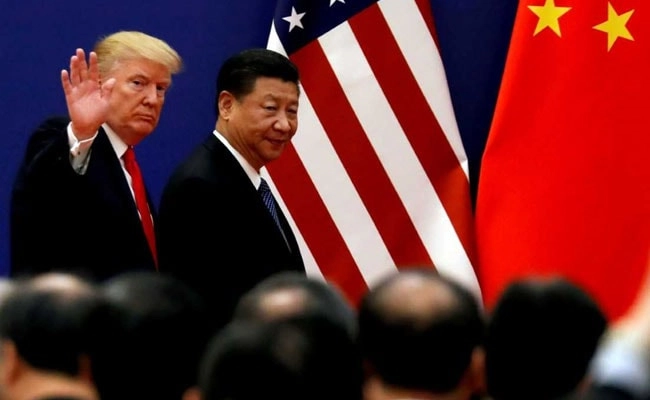The World Health Organization (WHO) has recently confirmed the emergence of 11 new Ebola cases in the Democratic Republic of the Congo (DRC), a country that has faced multiple outbreaks of this deadly virus in the past. The new cases were reported in the northeastern part of the country, an area that has been particularly vulnerable to Ebola outbreaks due to its dense population and limited healthcare infrastructure. The confirmation of these cases raises significant concerns about the potential for further spread of the virus, especially in regions where communities are already grappling with other health challenges.
In response to this alarming development, health authorities in the DRC, along with WHO and other international partners, are mobilizing resources to contain the outbreak. Rapid response teams have been deployed to the affected areas to conduct contact tracing, provide medical care, and educate communities about the importance of early detection and reporting of symptoms. Vaccination campaigns are also being planned to protect those who are most at risk, particularly frontline healthcare workers and individuals who may have been exposed to the virus.
The DRC has a history of Ebola outbreaks, and the country has established protocols and practices that can help mitigate the impact of the virus. However, the challenges remain significant. The ongoing conflict in the region, coupled with logistical difficulties in accessing remote areas, complicates the response efforts. Moreover, there is a need for public trust in health interventions, which can be undermined by misinformation and fear. The WHO emphasizes the importance of community engagement and communication in these efforts to ensure that people understand the risks and the measures they can take to protect themselves and their families.
As the situation unfolds, global health authorities are closely monitoring the developments in the DRC. The international community has a vested interest in controlling the outbreak, not only to protect the health of those in the affected regions but also to prevent potential international spread. The lessons learned from previous outbreaks will be crucial in shaping the response to this new challenge. By leveraging past experiences and enhancing collaboration among local, national, and international stakeholders, there is hope that this outbreak can be contained effectively, minimizing the loss of life and helping to restore stability in the region.




